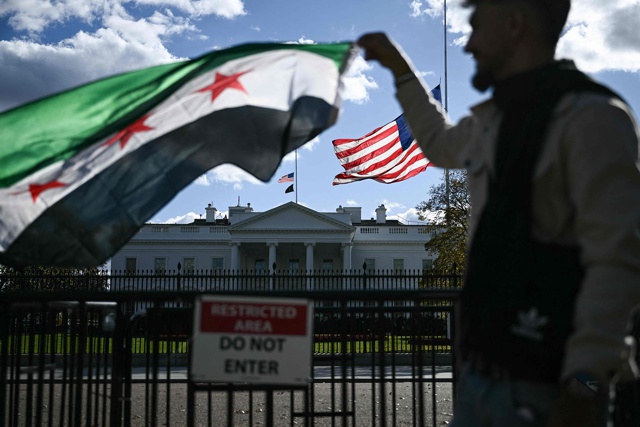At home, however, al-Sharaa has struggled to unify a deeply divided Syria while grappling with broader threats: a resurgent ISIS, fraught relations with increasingly assertive neighbor Israel, and Russia’s determination to maintain its strategic foothold in Syria while giving safe haven to Assad. Syria has experienced flashes of violence, including deadly attacks against minority groups allegedly carried out in part by government forces. Growing tensions with Kurdish authorities in northeast Syria have also erupted into violent clashes.
“He’s certainly being (very) smart,” John Jenkins, a former British diplomat who has previously served as head of mission in Syria, said of al-Sharaa in emailed comments. “A trip to D.C. makes him look respectable,” said Jenkins, an associate fellow at Chatham House and a leader at Cambridge University’s Centre for Geopolitics. But, he added, ”the key issues are domestic.” And within Syria, opinions have been deeply divided. “He does not represent the Syrian people,” said Sami Zain Al-Din, a 72-year-old political activist from Sweida, a southern city that was rocked by deadly clashes involving the Druze community, which has close ties to Israel.


